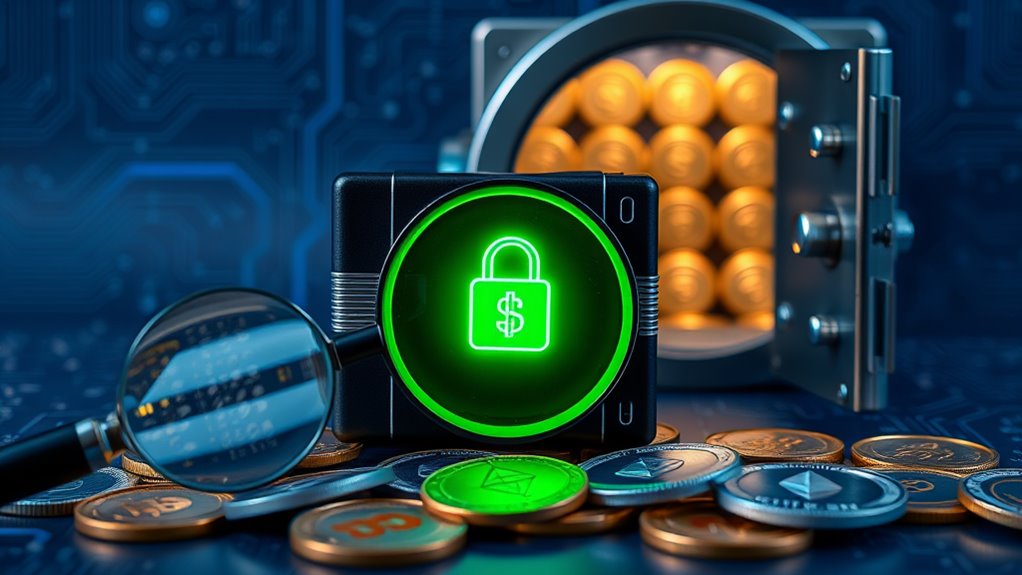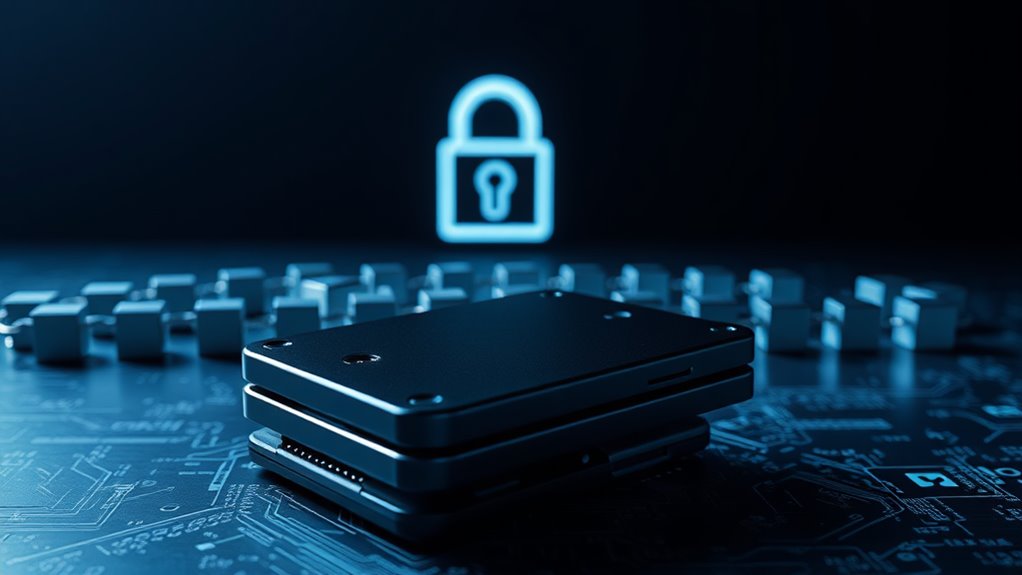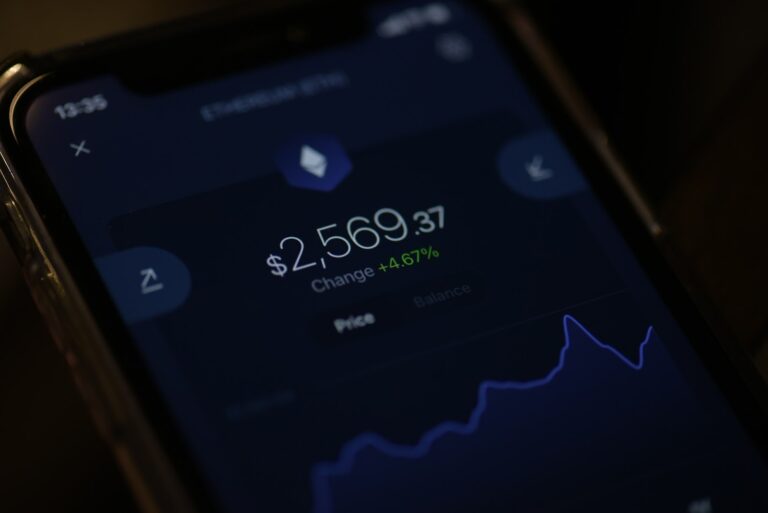Crypto Security Audit: Protecting Digital Assets
Note: This post may contain affiliate links, and we may earn a commission (with No additional cost for you) if you make a purchase via our link. See our disclosure for more info. The crypto world is constantly changing. This content is for informational purposes only and not financial, legal, or professional advice So, please verify the info on the cryptocurrency provider’s websites.
Crypto security audits? They're essential. In a world filled with hackers and scams, these audits are like a bouncer for your digital assets. They poke around in blockchain networks, exchanges, and dApps, sniffing out weaknesses. There are different types, like internal and penetration testing, all aimed at keeping your crypto safe from nasty attacks. Regular audits boost user trust too. Want to know how they're done and what else they catch? Stay tuned.

In the chaotic world of cryptocurrencies, a crypto security audit stands as an essential lifeguard at the beach of digital assets—only, this lifeguard is armed with code review tools and a sharp eye for vulnerabilities. And let's face it: no one wants to drown in a sea of hacks and scams. A crypto security audit systematically evaluates blockchain networks, exchanges, and decentralized applications (dApps) to sniff out weaknesses and guarantee compliance with security standards. It's like a security blanket, but for your digital fortune.
These audits aren't just about poking around for bugs. They focus on the nitty-gritty details—cryptographic primitives, smart contracts, and financial logic. The goal? Prevent infiltration and maintain user trust. After all, who wants to lose their hard-earned assets to a reentrancy attack or a sneaky front-runner? Audits cover everything: infrastructure, policies, and practices—basically, the whole shebang. Regular audits help identify vulnerabilities that could compromise security and lead to financial losses. Security audits establish a security baseline for future audits, ensuring that organizations can track improvements over time.
Audits delve deep into cryptographic intricacies and smart contracts, safeguarding your assets from lurking threats and ensuring trust is upheld.
There are different flavors of audits. Internal audits allow companies to evaluate their own controls and processes, while external audits provide a fresh set of eyes that can be legally binding. Compliance audits check if entities follow regulations like GDPR or PCI DSS. Then there's penetration testing, which is like playing a game of "let's see how we can break this." For maximum protection, consider using cold wallets which store private keys offline, away from potential internet-based threats.
It's not all doom and gloom, though. Regular audits can be a lifesaver in this multi-chain world where complexity reigns supreme. Cryptographic security is a major focus, scrutinizing encryption methods and private key management, because no one wants their keys just lying around for the taking. Governance and smart contract auditing are also vital. Flaws can lead to catastrophic consequences.
The audit process involves planning, data collection, assessment, and finally, reporting. It's a journey through a labyrinth of code and risk assessment. In the end, crypto security audits are not just a luxury; they're a necessity. In a landscape riddled with uncertainty and potential pitfalls, staying ahead is the name of the game.
Frequently Asked Questions
What Is the Cost of a Crypto Security Audit?
The cost of a crypto security audit? Well, it's all over the place.
Basic contracts start at around $10,000. Medium complexity dApps can run you between $20,000 and $50,000.
Feeling fancy? Advanced protocols might cost upwards of $75,000.
Complexity, platform, and the auditor's reputation all play a role in driving up the price.
How Often Should I Conduct a Crypto Security Audit?
So, how often should audits happen? Well, it's not a "once and done" deal.
Major code updates? Audit time. High-risk phases, like launches? Yup, audit again.
After a security incident? Definitely. Think of audits as your security's best buddy—always there, especially when things get dicey.
And don't forget those compliance frameworks. They're not just for show. Regular check-ins keep the system tight.
Ignoring them? That's just asking for trouble.
Can I Perform a Security Audit Myself?
Sure, anyone can try a DIY security audit. Go ahead, grab some automated tools and knock yourself out.
But don't kid yourself—it's not just about running a program. Manual reviews? They're a whole different beast, needing real expertise.
And let's not forget the complexity of that code. Good luck catching hidden flaws.
In the end, you might find yourself more lost than when you started.
What Tools Are Used in a Crypto Security Audit?
When it comes to a crypto security audit, tools are essential.
Think Astra Security for automated assessments, Tenable Nessus for vulnerability management, and Greenbone for vulnerability assessment.
Want to analyze smart contracts? Slither and Mythril have got you covered.
Compliance? Netwrix steps in for cloud auditing.
And let's not forget Nagios for infrastructure monitoring.
In a digital world, these tools are your lifeline—because nobody wants their assets hacked, right?
How Long Does a Typical Crypto Security Audit Take?
A typical audit can take anywhere from a couple of days to a month.
Simple contracts? Two days tops.
But if it's a complex DApp or a decentralized exchange? Good luck, that could stretch to weeks.
Manual audits are labor-intensive, taking 3–5 days for basic contracts, while automated ones are speedy, clocking in under a day.
It's a mixed bag, really.
Complexity and type dictate the timeline.
Time is money, folks!










